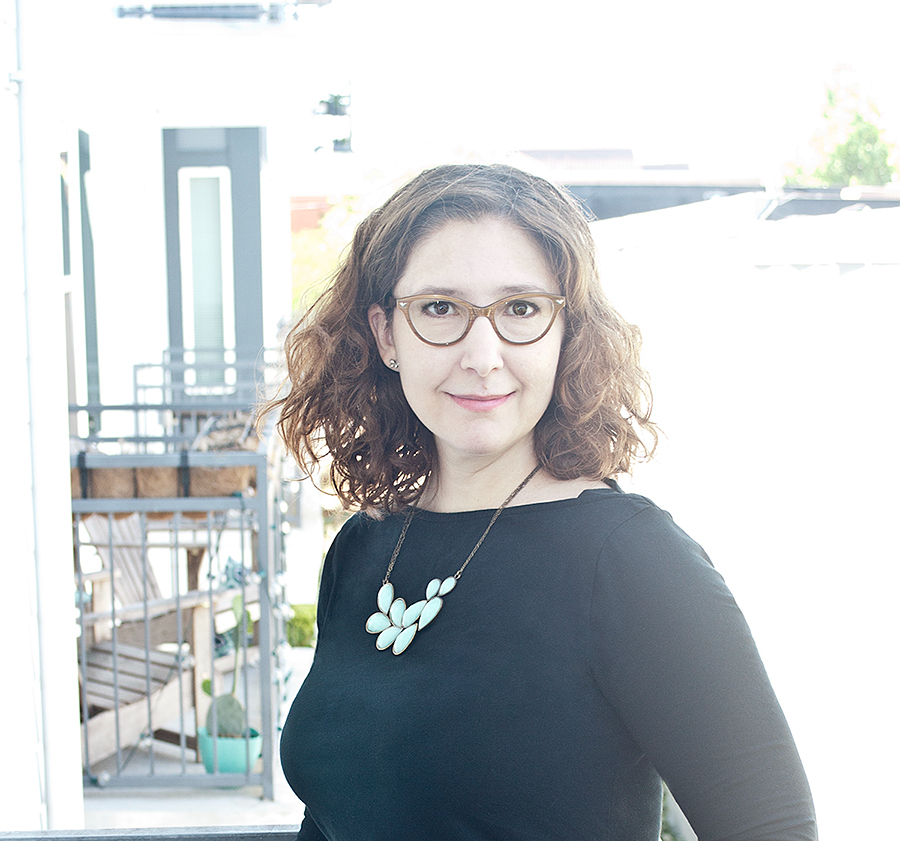When we think about all the things that impact the world of giftedness, my ardent hope is that we will keep in mind just how complicated the picture can look for some. Not all families have access to resources to help them navigate life with their gifted children, not all individuals enjoy cultures open to concepts associated with giftedness, and not all children have circumstances conducive to fully embracing a gifted life. This is why I am a firm believer in the work and mission of SENG.
For some, the messages received in the gifted classroom do not match the realities that exist at home. As I was coming up through my gifted education classes, my teachers would regularly remark on my “potential” and encourage me to dream wild dreams of success and achievement, which seemed to hinge upon the completion of a college education. However, no one in my family had ever gone to college. College was a mysterious, expensive, and possibly dangerous luxury, leaving me perplexed as to how I was supposed to do all the achieving my gifted classes kept going on about. How I was going to build the underwater agricultural machine I’d designed in my fourth grade gifted class without a college degree? Why was a college degree the only achievement that seemed to matter? What was I going to “be” if I wasn’t going to be able to go to college? Was I still gifted?
As we gather with our gifted children, students, and friends, I hope we will pause to reflect upon our measures for success and achievement and the messages we convey about these things. I hope we will consider the intersectionality of things like race, gender, religion, culture, and socio-economic contexts and the world of giftedness. I was drawn to SENG precisely because of the accessibility of resources about giftedness and the broad support of the emotional needs of the gifted – ALL the gifted. In my position as a board member, I remain committed to making sure that there is space in the gifted world for conversations about privilege and intersectionality, so that the gifted community can grow and can be a place of deep understanding, compassion, and inclusivity.

